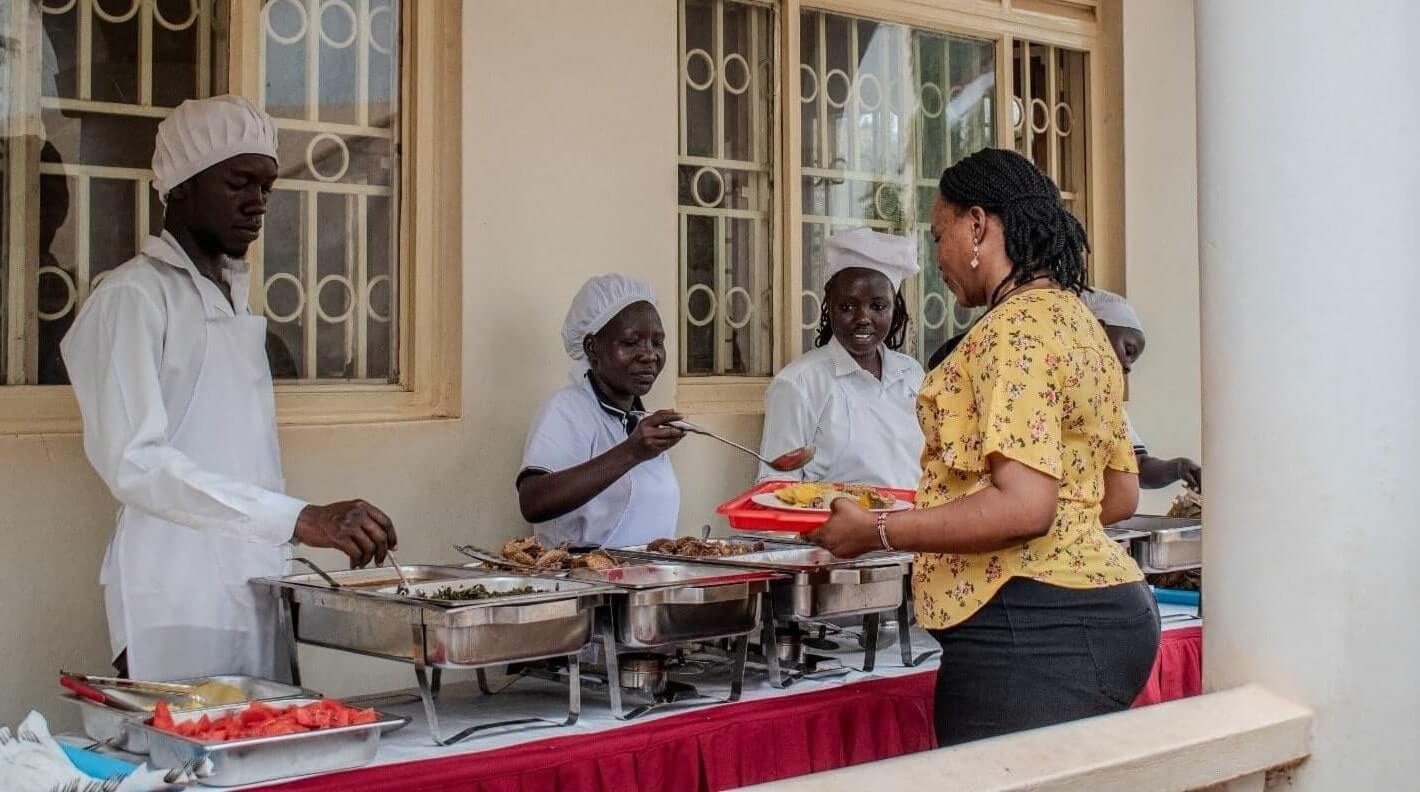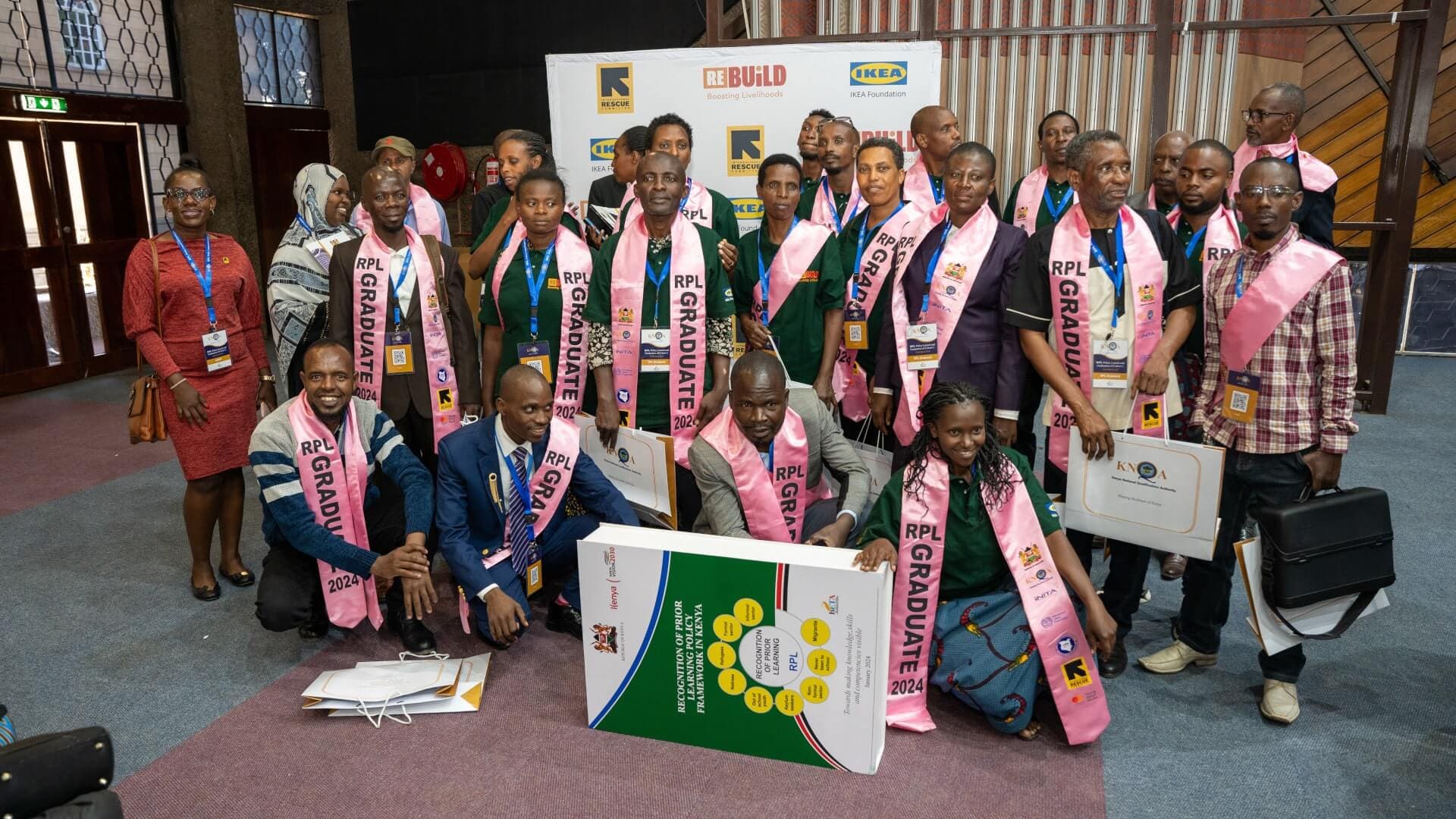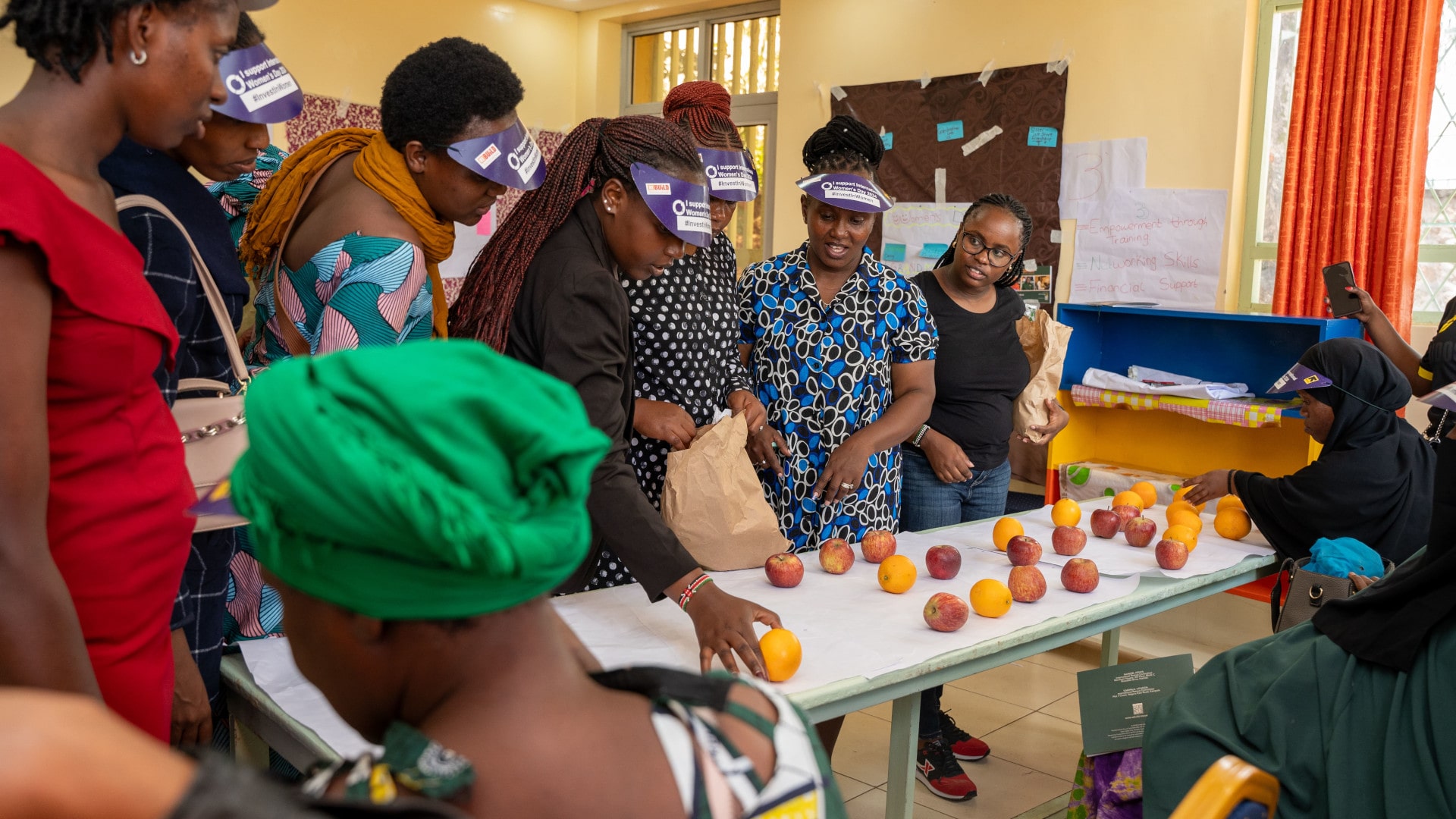Shared Victory: The Synergy of IRC’s Re:BUiLD Program and Signpost in East Africa
Shared Victory: The Synergy of IRC’s Re:BUiLD Program and Signpost in East Africa
Shared Victory: The Synergy of IRC’s Re:BUiLD Program and Signpost in East Africa

The International Rescue Committee (IRC) and the IKEA Foundation’s Refugees in East Africa: Building Urban Innovations for Livelihoods Development, Re:BUiLD, program, just concluded the mass recruitment of clients for the second wave of the Randomized Controlled Trials (RCT) in Kampala and Nairobi.
The recruitment concluded successfully in part due to the collaboration between two IRC projects, Re:BUiLD and Signpost. In so doing, it enables users to make informed decisions. Signpost was developed by the IRC and Mercy Corps in 2015 to address asylum seekers and migrants’ pressing need for reliable information upon arrival to Greece and is now active in 20 countries on 5 continents.
This partnership resulted in the recruitment of a total of 11,568 clients between 1st December 2023 to 14th February 2024 where 8,000 participants in Nairobi and Kampala will be randomly selected to participate in the Re:BUiLD study on the impact of business grants and social networks in facilitating self-employment for refugees and vulnerable hosts.
Achieving an ambitious mass recruitment target demanded the team to recognize the importance of clear and accessible information. As such, Re:BUiLD and Signpost collaborated to design a comprehensive communications plan and shared Information, Education, and Communication (IEC) materials with clients.
For instance, in Uganda, Tubulire.Info first published an e-poster announcing the start of the second wave of the RCT, while in Kenya, Julisha.info not only published the announcement, but the team went further to host three 20-minute Facebook Live interaction sessions featuring Re:BUiLD staff sharing information about eligible participants and other relevant information. The Facebook live sessions were done in Swahili, Somali, and English. Additionally, the team ran a social media campaign to further raise awareness of the mass recruitment exercise.
Recognizing the diverse backgrounds of our target audiences, we ensured that the registration announcement was translated into various local languages, including Swahili, Luganda, Somali, and Kirundi. Our moderators at Signpost efficiently handled this translation task, ensuring that our messages reached as many people as possible in their preferred language.
Addressing Challenges Through Collaboration
In Re:BUiLD, client feedback is highly valued. Signpost proved invaluable in addressing client queries both online and offline. We created a list of frequently asked questions (FAQs) to streamline responses to inquiries about the second wave of RCT recruitment. To tackle issues arising from unclear registration schedules, the collaboration ensured the development of a regularly updated weekly schedule. These proactive measures helped the team provide timely and accurate information to potential participants.
Further, in Uganda, the Tubulire team's physical presence at registration locations facilitated real-time communication with the RCT team. This hands-on approach proved to be a significant asset, enhancing the effectiveness of the collaboration.
What this inter-project collaboration showed
In Kenya, for instance, while the Signpost - Julisha.Info primarily concentrates on delivering aid information within Kakuma and Dadaab refugee camps, we have noticed a substantial number of refugees in urban areas seeking information, particularly regarding livelihoods. This increasing demand underscores the need for greater collaboration with livelihood teams operating in both Uganda and Kenya.
“Information about services and support for refugees in urban areas is limited. Unlike in the camps where refugee community networks are vibrant in enabling access to information, digital tools can be a lot more effective in urban areas. Our collaboration with the Signpost Project in Uganda and Kenya shows that innovative approaches can contribute to effective engagement and dissemination of assistance information for urban refugees and asylum seekers to build networks and access livelihood opportunities.” - Joseph Sosi, Communication Manager- Re:BUiLD
The collaboration helped address clients' information needs, connecting them to services and service providers. It offered a platform for different sectors and programs within the IRC to communicate effectively and efficiently with clients, ensuring the delivery of accurate and timely information. Further through the collaboration, we were able to save funds that had been budgeted for radio talk shows and announcements and reallocated them to other pressuring needs within the program which is in line with IRC’s practice on best use of resources. Additionally, it offered Signpost an opportunity to gather valuable data on clients' needs and challenges. Re:BUiLD was able to understand types of services that are in high demand and identify livelihoods assistance gaps, while Signpost identified information gaps that will inform future content creation.


